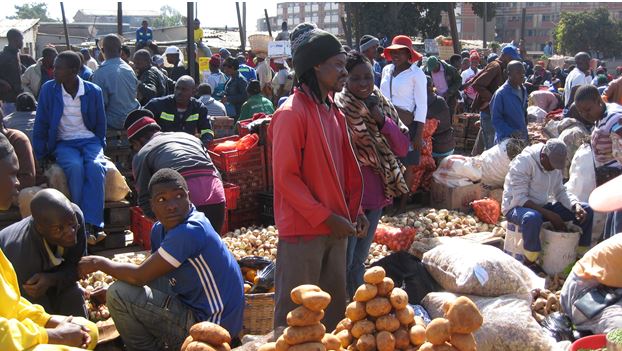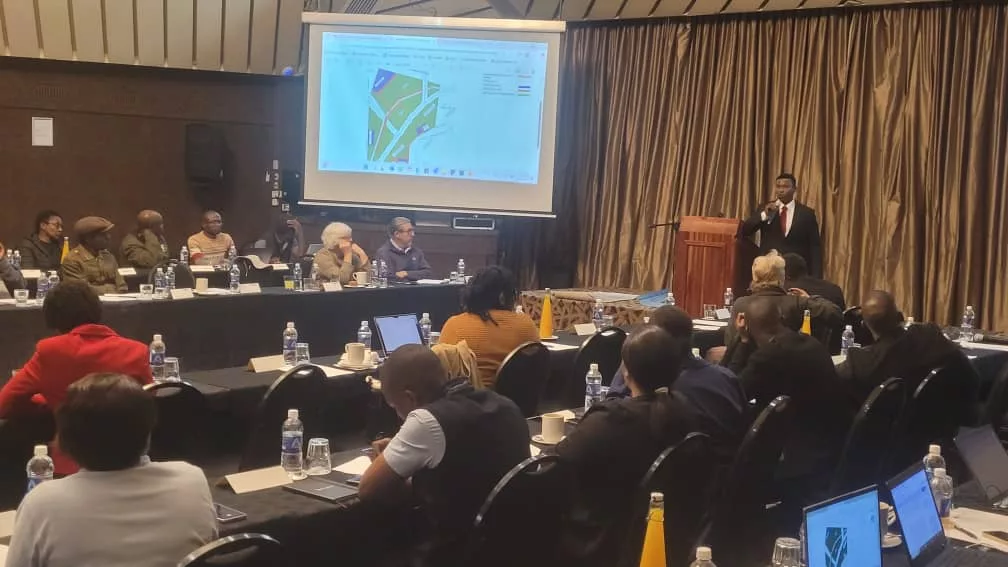By Charles Dhewa
COVID-19 has revealed the importance of understanding the roles of different actors in Africa’s food systems. When roles and responsibilities are unclear, smallholder farmers are exposed to conmen. For instance, in Zimbabwe farmers are losing produce to unregistered buyers. The situation would be better if all buyers were registered and the trading of all agricultural commodities was properly regulated.
Due to a lack of coordination, there is so much overlap and duplication of roles. Farmers need value-added services and these can come from knowledge brokers. There should be an institution whose core business is knowledge brokering and consolidating knowledge in ways that show overlaps in service provision.
Role of the Reserve Bank: Farmers and other value chain actors think the reserve bank and ministry of finance in each African country should have a budget for information or knowledge gathering and processing if it is to really unlock the potential of agriculture and food systems.
Farmer unions: While their role seems clear, it is still confusing when considered in the same breath with other service providers. Since unions are membership-driven, they should become a local hub for information dissemination to their members. This can be their main value-added service and they can be a conduit between their members and other service providers and markets.
Agricultural marketing authorities: These should regulate brokers and service providers in the market.
Agritex extension services: Their role should shift to monitoring farmer activity at grassroots and providing generic information, mainly for new farmers or those getting into a particular commodity for the first time. For learning purposes, extension officers can ensure knowledge barriers are lowered so that a farmer can obtain the basics before becoming an expert. Most farmers, particularly those new into a particular commodity, may not know what they need to know. Self-learning works where farmers have acquired enough basic knowledge to know what they need to know.
Associations: Ideally information should travel from the farmers/associations to brokers to buyers/processors/end-users. Associations can provide vital information required by markets. Ideally, commodity associations can be built in the framework of farmer unions.
Knowledge brokers: As a way of controlling costs that farmers may end up incurring, knowledge should facilitate information movement between informal markets and processors who often find it difficult to consolidate information in terms of what volumes, quality, and types of commodities in the market. Markets also find it costly to get information from the production side, especially for specific commodities. The broker can consolidate all this information and share it with all actors including marketing authorities who can use it for policy review and crafting responses to COVID-19.
Chambers of commerce: These should have sectoral representations from farmers’ unions/associations, manufacturing, input suppliers, equipment manufacturers, etc.
NGOs: These should focus mainly on social enterprise so that vulnerable groups are not left out of socio-economic activities and interventions.
Responding to a dynamic environment
All the above categories of institutions are targeting the farmer. However, if a farmer is to belong to an association, farmer union, or chamber, what services does a farmer get from an association which s/he cannot get from a chamber of commerce? There should be levels of membership and service access. An association should provide well-defined services different from what can be obtained from a chamber or marketing authority. If these roles are not neatly defined, farmers will continue losing through membership fees.
Given than the benefits of belonging to one category are not clear, farmers end up trying to belong to all and thus ending up belonging fully to none. Farmers who used to produce major staples like maize had no reason to worry about market information because prices were set by the government for the entire season. In addition to new farming dynamics associated with horticulture and other high-value commodities, farmers have to keep monitoring prices and other changes. This is where ICTs like mobile phones have the potential to provide solutions beyond just calling, short message service, and WhatsApp groups, some of which are leading to information overload due to lack of fresh content.






